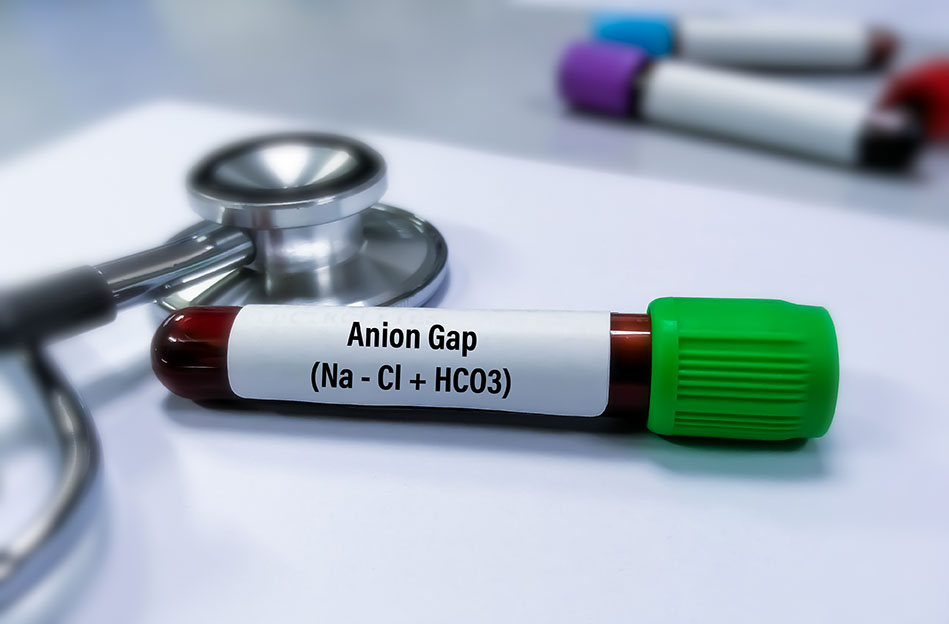

An anion is an atom or molecule that has gained one or more electrons. This gives the anion a negative charge.
Anion is a combination of the Greek words "an" meaning "not" and "ion" meaning "going". This is because anions are negatively charged particles that move towards the positive end of an electric field.
Anions are found in many different substances, including salt, water, and acids. They are also important in living things, where they play a role in many different processes, such as cell signalling and metabolism.
Here is a fun fact about anions:
The word "anion" can be used in a variety of ways, but it is most often used in scientific contexts. For example, you could say that "anions are negatively charged particles that move towards the positive end of an electric field.".

Noun: anion.
Adjective: anionic.
Plural: anions.
Synonyms: negatively charged ion, radical anion.
Antonyms: cation, positively charged ion.
The word "anion" comes from the Greek word anión, which means "going up" or "ascending." The word anión is made up of the prefix an, which means "not," and the verb ion, which means "to go.".
How is an anion formed?